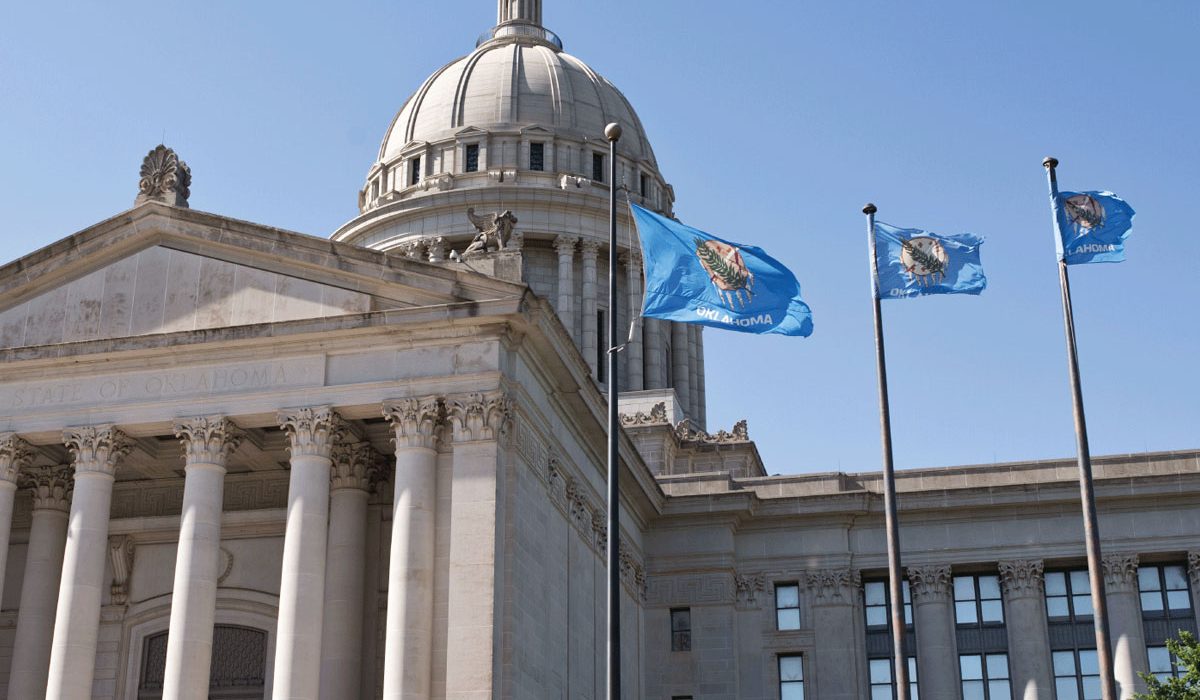Release
OKLAHOMA CITY – On Monday, Gov. Kevin Stitt signed the Oklahoma Religious Freedom Act to protect the constitutional right to worship.
House Bill 2648 dictates that anything closing places of worship would be considered a substantial burden on people’s freedom of religion. The bill’s author, Rep. Brian Hill, R-Mustang, filed the legislation after learning that many states’ governments had forced places of worship to close throughout the COVID-19 pandemic.
“It is of the upmost importance that we ensure our God-given right to worship is protected no matter the circumstances,” Hill said. “Our country was founded upon the promise of religious freedom for all, and we must preserve that right for generations to come. My faith, like many Oklahomans, is at the core of who I am, and I’m very grateful that my colleagues in the Legislature and Governor Stitt have stood up to protect of our First Amendment right to worship.”
HB2648 was authored in the Senate by Sen. David Bullard, R-Durant, who filed similar legislation in Senate Bill 368, which was also signed by the Governor today. Hill was the House author of SB368.
“There has never been a time more important than now to protect religious freedom in Oklahoma. We have stepped up to remind government of our constitutional rights guaranteeing our freedom of religion,” Bullard said. “Last year, many churches in our state and others around the nation were unconstitutionally required to restrict their religious services or threatened if they did not. The Oklahoma Legislature wants to remind all governments, big and small, that under the U.S. Constitution, they ‘shall make no law respecting an establishment of religion, or prohibiting the free exercise thereof’. We are grateful to our colleagues that have stood strong in defending Oklahomans’ faith and religious freedoms.”
The First Amendment to the U.S. Constitution reads: “Congress shall make no law respecting an establishment of religion, or prohibiting the free exercise thereof…”


